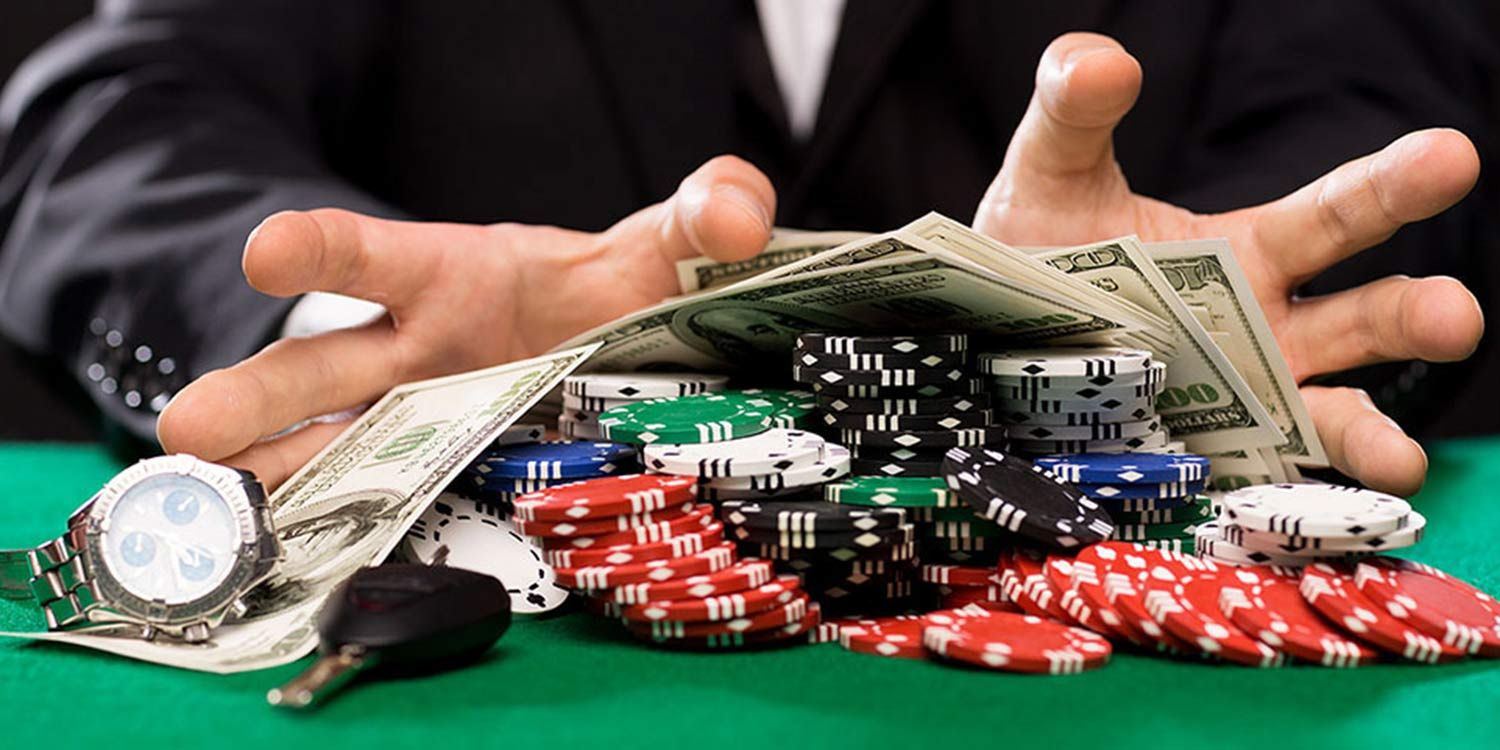
Gambling can be an exciting and entertaining activity, but like any form of entertainment, it is important to approach it with mindfulness and responsibility. Mindful gambling involves being aware of your actions, setting limits, and prioritizing mental and financial well-being. In this article, we will discuss various strategies for practicing healthy play while enjoying the thrill of gambling.
Maintain a Healthy Balance
One of the key aspects of mindful gambling is maintaining a healthy balance in your life. Gambling should never take precedence over your personal and professional responsibilities, relationships, or physical and mental well-being. Create a schedule that includes time for gambling as well as other activities you enjoy. This will help ensure that gambling does not consume all of your time and energy.
Set a Budget
Before you start gambling, it is crucial to set a budget and stick to it. Determine how much money you are comfortable losing and never exceed that amount. Treat gambling as an entertainment expense, similar to going to the movies or dining out, and only spend what you can afford to lose without causing financial strain.
Consider setting a daily, weekly, or monthly limit on your gambling expenditures. This will help you keep track of your losses and avoid chasing after losses in a desperate attempt to regain them. Remember, gambling is about having fun and not about making money.
Practice Self-Control
Developing self-control is essential for mindful gambling. It is easy to get carried away in the excitement of the game and place larger bets than intended. However, impulsivity and overindulgence can have severe consequences.
Take breaks while gambling to reassess your decisions and emotions. Step away from the table or machine for a few minutes to regain your composure. This allows you to make more rational choices and reduces the risk of impulsive and reckless behavior.
Avoid Chasing Losses
Chasing losses is a common pitfall in gambling. When faced with a series of losses, it is tempting to keep playing in the hopes of recouping your money. However, this can lead to a vicious cycle of increasing bets and further losses.
Mindful gamblers accept losses as part of the game and know when to stop. If you find yourself chasing losses, take a step back and reassess your situation. Remember that gambling outcomes are based on chance, and not every session will end in a win. Set a limit on losses and walk away when you reach it to prevent further financial strain and emotional distress.
Know the Game
Understanding the rules and strategies of the game you are playing is crucial for mindful gambling. Take the time to research and learn about the game’s odds, house edge, and betting options. This knowledge will help you make informed decisions and increase your chances of success.
Additionally, be aware of the potential risks associated with specific games. Some games may have higher volatility or a higher risk of developing addictive patterns. By understanding these risks, you can make more conscious choices about which games to play and how much to wager.
Take Breaks
Gambling can be mentally and emotionally draining, especially during long sessions. To maintain mindfulness and prevent burnout, it is essential to take regular breaks. Use this time to clear your mind, engage in other activities, and interact with friends and loved ones.
Set timers or alarms to remind yourself to take breaks at regular intervals. Use these breaks to reflect on your gambling experience, assess your emotions, and ensure that you are still enjoying the activity in a healthy manner.
Seek Support if Needed
If you find yourself struggling with gambling addiction or experiencing negative consequences due to excessive gambling, it is important to seek support. There are numerous helplines, support groups, and professional resources available to assist individuals dealing with gambling-related problems.
Do not hesitate to reach out for help. Remember, gambling should always be a form of entertainment and never jeopardize your well-being or the well-being of those around you.
Conclusion
Mindful gambling involves approaching the activity with responsibility, awareness, and self-control. By maintaining a healthy balance, setting budgets, practicing self-control, avoiding chasing losses, understanding the game, taking breaks, and seeking support when necessary, you can ensure that gambling remains an enjoyable and safe form of entertainment.